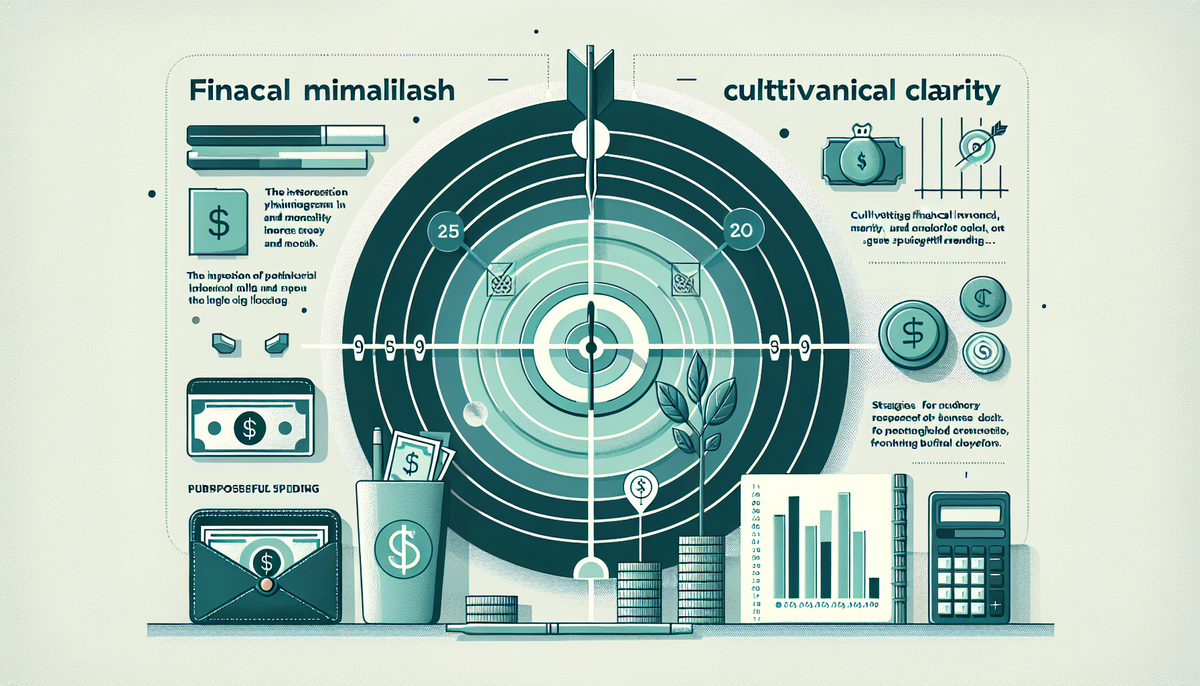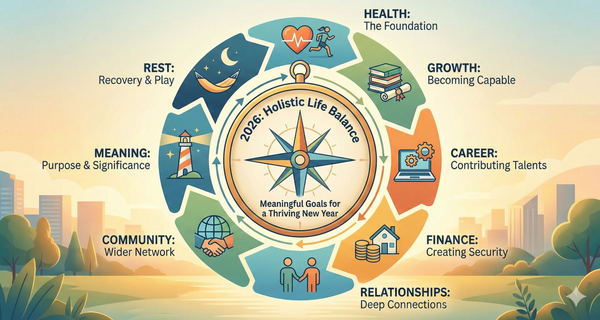Minimalism and Money: Spend with Purpose

Minimalism and Money: Spend with Purpose
In a world that constantly encourages us to want more, buy more, and be more, the concept of minimalism offers a refreshing alternative. It’s a lifestyle choice that goes beyond decluttering our homes; it extends to every aspect of our lives, including our finances. By embracing minimalism, we can achieve a level of financial clarity that allows us to spend with purpose, save with intention, and build a life that is rich in meaning, rather than possessions.
The Intersection of Minimalism and Money
Minimalism, at its core, is about identifying what is essential and eliminating the rest. When applied to our finances, this principle can be transformative. It encourages us to question our spending habits, scrutinize our financial commitments, and align our money with our values.
What is Financial Minimalism?
Financial minimalism is the practice of being intentional with your money. It’s about understanding where your money goes, ensuring that it aligns with your goals, and cutting out the excess that doesn’t add value to your life. It’s not about deprivation; it’s about making conscious choices that lead to greater financial freedom and less stress.
Benefits of a Minimalist Approach to Finances
Adopting a minimalist approach to your finances can have a profound impact on your well-being. It can lead to reduced debt, increased savings, and a greater sense of control over your financial future. By simplifying your financial life, you can free up mental space to focus on what truly matters to you, whether that’s pursuing a passion project, spending more time with loved ones, or traveling the world.
Cultivating Financial Clarity Through Minimalist Practices
Financial clarity is the cornerstone of a minimalist financial life. It’s about having a clear and accurate understanding of your financial situation, from your income and expenses to your assets and liabilities. Here are some practical steps to cultivate financial clarity:
Track Your Spending: The First Step to Awareness
You can’t change what you don’t acknowledge. Tracking your spending is the first step to understanding your financial habits. Use a budgeting app, a spreadsheet, or a simple notebook to record every-time you spend for a month. This exercise will reveal where your money is going and highlight areas where you can cut back.
Create a Value-Based Budget
Once you have a clear picture of your spending, you can create a budget that reflects your values. A value-based budget prioritizes spending on the things that are most important to you, while cutting back on the things that aren’t. This approach ensures that your money is working for you, not against you.
Declutter Your Financial Life
Just as you would declutter your home, it’s important to declutter your financial life. This includes closing unused bank accounts, consolidating your retirement accounts, and canceling subscriptions you no longer use. A simplified financial life is easier to manage and can save you money in the long run.
Actionable Strategies for Purposeful Spending
Purposeful spending is about making conscious choices that align with your values and goals. Here are some actionable strategies to help you spend with purpose:
The “Needs vs. Wants” Framework
Before making a purchase, ask yourself if it’s a need or a want. A need is something that is essential for your survival, such as food, shelter, and clothing. A want is something that you desire but can live without. This simple framework can help you curb impulsive spending and make more intentional choices.
Adopting a Mindful Spending Mindset
Mindful spending is about being present and aware when you are making a purchase. It’s about considering the long-term consequences of your spending decisions and choosing to spend in a way that supports your overall well-being. Before you buy something, take a moment to pause and reflect on whether it will truly add value to your life.
Setting and Prioritizing Financial Goals
Financial goals provide a roadmap for your financial journey. Whether you want to pay off debt, save for a down payment on a house, or retire early, having clear and specific goals will help you stay motivated and focused. Prioritize your goals and create a plan to achieve them, one small step at a time.
Conclusion
Minimalism and money are a powerful combination that can lead to a more purposeful and fulfilling life. By embracing financial minimalism, you can gain clarity over your finances, spend with intention, and build a secure financial future. Start your journey today by taking one small step towards a more minimalist financial life. Your future self will thank you for it.




